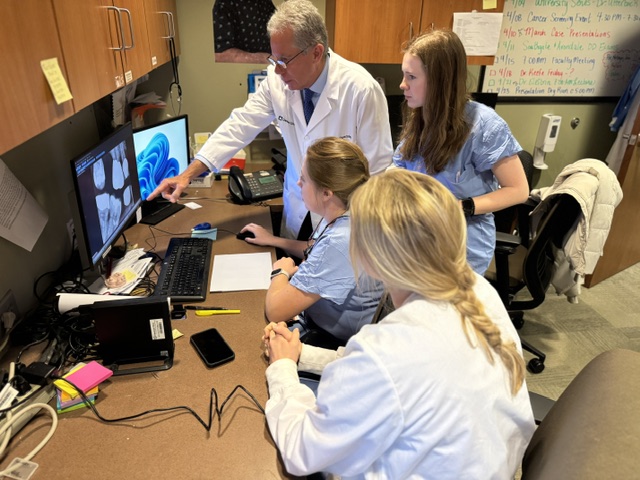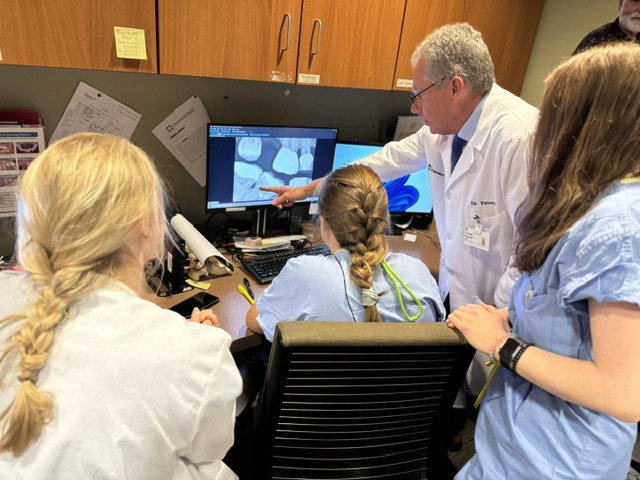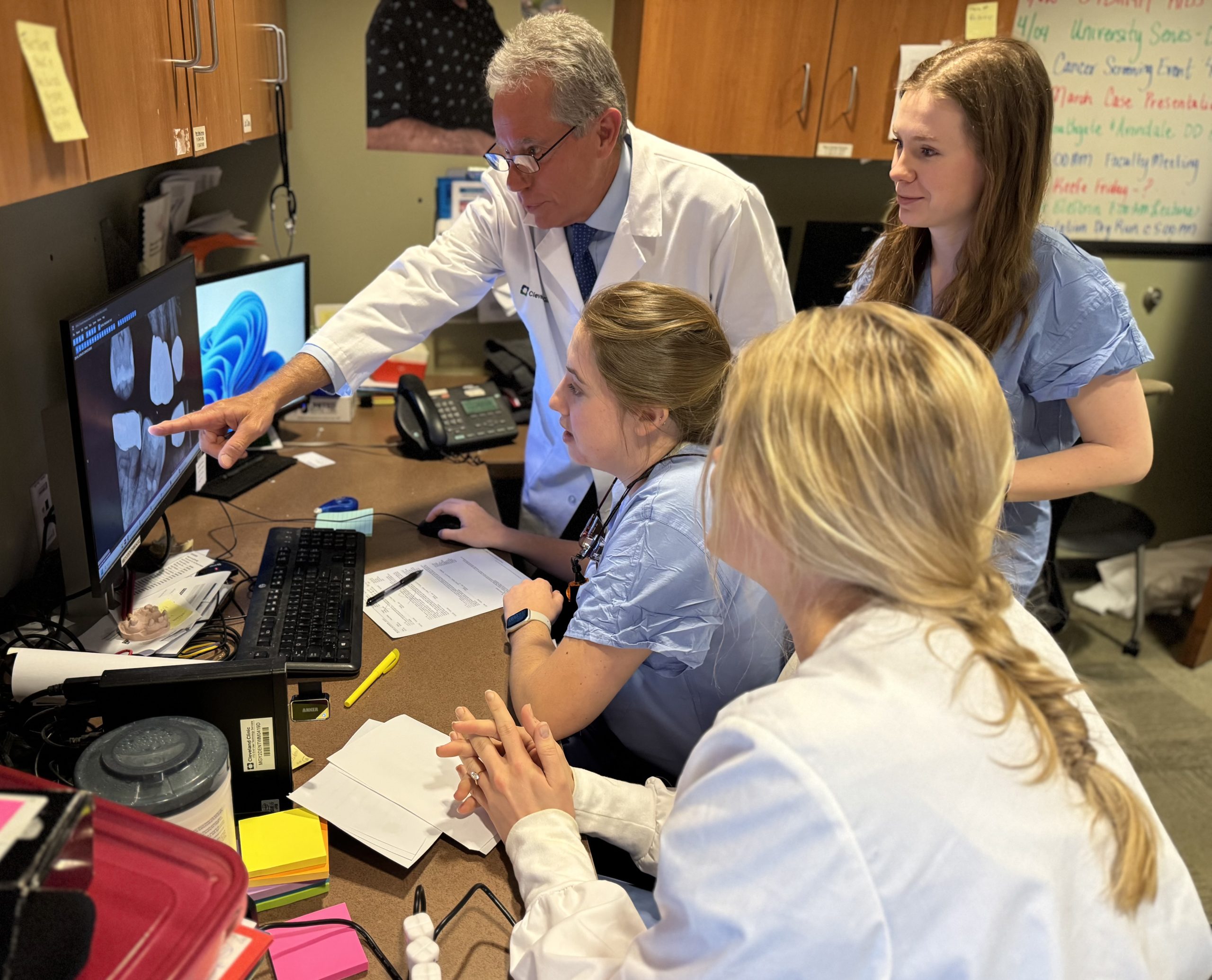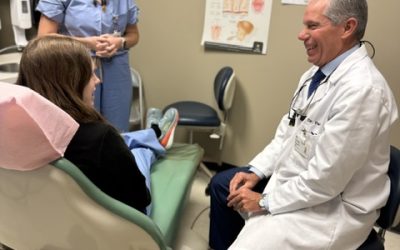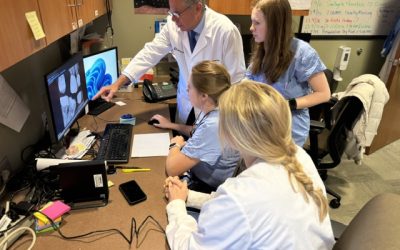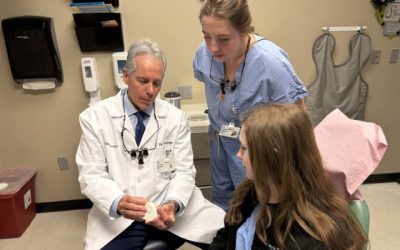Welcome to the Dental Antibiotic Stewardship Program
Antibiotic resistance is a growing global health concern, and dentistry plays a critical role in promoting responsible antibiotic use. The Dental Antibiotic Stewardship Program is dedicated to equipping dental professionals with the knowledge and tools to make informed, evidence-based decisions regarding antibiotic prescribing.
Program Director and renowned expert Dr. Thomas M. Paumier is the only dentist lecturing on these topics that has served on the ADA expert panels that developed the current Clinical Practice Guidelines for appropriate antibiotic use for patients with prosthetic joints and pulpal related infections.
His program emphasizes the importance of antibiotic stewardship in preventing resistance, reducing unnecessary prescriptions, and improving patient safety. Through education, clinical guidelines, and best practices, the program strives to support dentists in adopting responsible prescribing habits that align with the latest scientific research and professional recommendations.
Join us in our mission to enhance patient care, protect public health, and ensure the effectiveness of antibiotics for future generations. Explore our resources, expert-led training, and practical guidelines to become a leader in responsible antibiotic use in dentistry.
Education for Everyone
Various Topics and Subjects to Learn
MODULE 1: Antibiotic Prophylaxis for Patients with Prosthetic Joints
MODULE 2: Antibiotic Prophylaxis for Patients at High Risk of Infective Endocarditis
MODULE 2: Antibiotic Prophylaxis for patients with other Medical Conditions
MODULE 3: Antibiotic Stewardship
Module 4: Appropriate Antibiotic Use in Dentistry
![]()
Live classes
See what is available
![]()
Online classes
You pick the schedule
Register
Sign up here to take this course in person.
Latest News
The Importance of Antibiotic Stewardship in Dentistry
Did you know that overuse of antibiotics in dentistry can lead to severe complications, including Clostridioides difficile (C. diff) infections and antibiotic-resistant superbug infections? While antibiotics are lifesaving when used appropriately, their overuse can...
When Should Dentists Prescribe Antibiotics?
When prescribing antibiotics, dentists should be sure that the benefit outweighs the risk and that the antibiotics are being prescribed according to current guidelines and best practices. Much of the information clinicians may have learned in dental school or...
The Hidden Dangers of Antibiotic Overuse in Dentistry
The CDC estimates that there are 2.8 million antimicrobial resistant infections each year in the United States leading to 35,000 deaths. Another 29,000 people die every year from antibiotic associated C. difficile infections. Considering dentists are...
Want to learn more and see all the helpful resources? See all posts.


